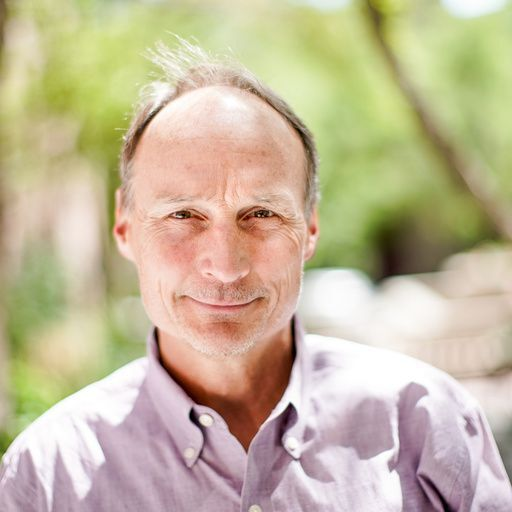A former professional football player and Utah congressman railed on NFL commissioner Roger Goodell in a hearing over what he says is the league’s long-standing bias against Black athletes.
Republican Rep. Burgess Owens, who won a Super Bowl with the Oakland Raiders, said racism was prevalent when he entered the league in 1973.
Positions of leadership and intelligence like quarterback, center, middle linebacker, free safety, and head coaches were considered off-limits for Black players, he said. Doug Williams finally broke the “white quarterback” barrier in 1988 as the NFL’s first Black quarterback to both start and win a Super Bowl, he said.
“Yet, commissioner, decades later, despite all this progress on and off the field, we’re once again forced to discuss, under your watch, the NFL’s engagement in racism behind the scenes,” Owens told Goodell during a House Oversight and Reform Committee meeting.

The hearing was held to examine the NFL’s handling of workplace misconduct in the Washington Commanders organization.
Owens, who played safety for 10 years with the New York Jets and the Raiders, has gone after Goodell in past. He was harshly critical of player protests in the league and has said the only thing that can change the NFL is a different commissioner.
In the hearing, the freshman congressman criticized the league over racial bias in the testing of Black players seeking compensation for brain damage due to concussions on the field. He expressed outrage over the use of “race-norming” in the dementia testing — which assumed that Black people started out with lower cognitive function, making it harder for them to show mental declines linked to football.
“Doctors were required to use race-based norms that assumed Black players were inherently less intelligent than their white teammates. If this sounds like a throwback to the Jim Crow laws of the Deep South — that’s because it is,” Owen said in the hearing.
Two Black players filed a civil rights lawsuit against the NFL over the practice. In June 2021, the league announced it would stop the use of race norming in the $1 billion settlement of brain injury claims and review past scores for any potential race bias.
As a result of the practice, Owens said, the NFL compensated injured Black football players and their families less than white players and their families.
“To say that Black players should be judged by a lower standard of brain function than their white teammates are, without question, a perfect example of real racism,” he said.
Owens laid the blame on Goodell.
“With all due respect, commissioner, you are at the helm of an industry, whose culture once unified us — both fans and players. Sadly, that is no longer the case,” he said.
During the hearing, Owens said it has long been a dream of his to ask Goodell some questions. He asked the commissioner to acknowledge the NFL used race norming and that it engaged in systemic racism but either cut him off or talked over him as he tried to answer.
“It was not required by any doctor to use those standards and we adopted new standards which were adopted by the federal judge,” Goodell said before Owens interrupted him.
“Then why was it used?” Owens asked.
Goodell, who appeared at the hearing via video conferencing, replied,” That’s a medical standard far beyond the NFL.”
“Let me just say this really quickly, speaking on behalf of my Black and white brothers who gave their careers to make sure we got past racism, this is an atrocity,” Owens said. “The fact the NFL has judged Black people at a different rate in intelligence as white people is something that needs to be looked at.”
Goodell tried to respond but the committee moved on before he could speak.


 alt=Dennis Romboy
alt=Dennis Romboy